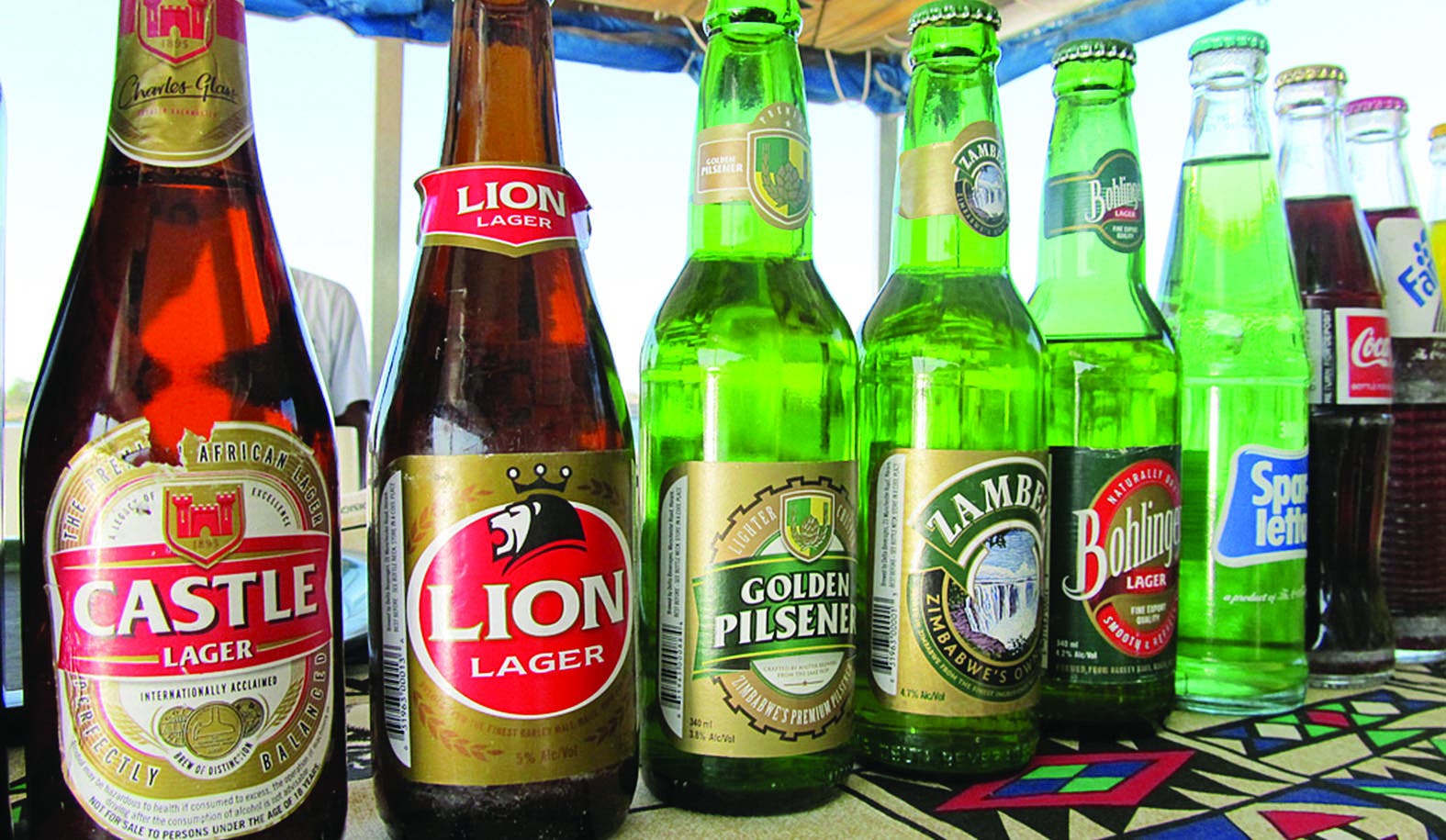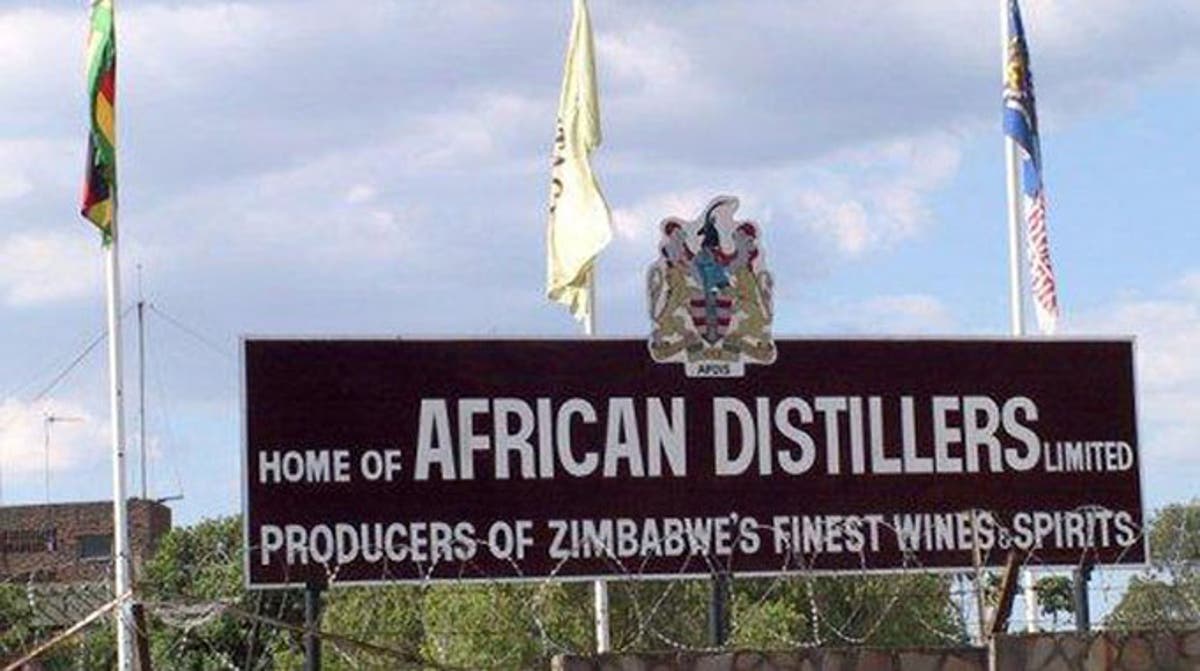Zimbabwe’s place strategically reserved in BRICS+ alliance
BRICS is more than an acronym! At a time when many Western economies in the Eurozone and the United States are countenancing economic power stagnation or decline, huge debts and stunted growth, the BRICS countries have emerged as the southern engines of global growth. In the arsenal of these countries are the majority of the world’s population and an increasingly weighty share of the world economy.
The alliance members possess nuclear capabilities and have vibrant ongoing space programmes. In the coalition is India, the world’s largest democracy, Russia the world’s largest country and China, the world’s second biggest economy.
Above all, Brazil as a member of the alliance has 60 percent of the Amazon rainforest and is the record-holder of the men’s Fifa World Cup competition. The same alliance has a claim to the world’s largest diamond and longest wine route in South Africa.
Traditionally, BRICS has been a formal title of a planned and structured economic coalition of five great and high-profile leading emerging market economies: Brazil, Russia, India, China and South Africa. Now referred to as the BRICS, the coalition has ten countries, having admitted Egypt, Ethiopia, Iran, Saudi Arabia and the United Arab Emirates (UAE) in January.
The alliance consists of three African countries, three Middle-East and Persian countries (all key oil producers), two Asian economic powerhouses, one European great power and one South American economic giant.Though consisting of different civilisations where each member state plays a critical role in the global system, it will never be right to have this important grouping only visible in media debates than in practical international politics.
The last members to be admitted brought into the alliance their own strategic value and the inclusion of major oil producers (Saudi Arabia, Iran and the UAE) marked a pivotal shift in the global energy dynamics.This triad of sovereign states is now potentially reshaping foreign policies, economic interests and even influencing the market dynamics of the Organisation of the Petroleum Exporting Countries (Opec). In this strategic alliance, there is a reflection of historic relationships.
Reflectively, Egypt and Ethiopia’s entry into BRICS also added a new dimension to the alliance’s expansion and reach in Africa. Both Egypt and Ethiopia are pivotal in regional politics and trade in the continent and their membership enhances intra-BRICS+ collaboration in Africa. The endgame in this is to end poverty in its form, content and character, which for most nations in the global South is a man-made phenomenon resulting from colonialism that created unequal power levers.
Therefore, the poverty that BRICS+ and global South nations are fighting ought to be seen in the context or result of human rights violations by the West and as a flagrant violation of such rights for a sizable segment of the global populace, the most of whom are women and children in the South.A growing number of global South nations and citizens are now agreeing that the current state of poverty is not the result of chance events or historical circumstances.
The late Nelson Mandela is frequently cited advocating for the following viewpoint: “Overcoming poverty is not a task of charity, it is an act of justice. Like slavery and Apartheid, poverty is not natural. It is man-made and it can be overcome and eradicated by the actions of human beings.”
Of late, Zimbabwe’s pieces on the economic and geopolitical chessboard have placed strategic importance on the country’s bid for admission into the BRICS’ New Development Bank, and ultimately become a BRICS+ member and overcome poverty.
According to the 2023 BRICS Johannesburg Declaration II, the bloc underlined its “support for a more democratic and just multi-polar world order based on the rule of international law, equality, mutual respect, co-operation, co-ordinated action and collective decision-making of all states.”These principles hold particularly in dealings with African countries, many of whose sovereignty has not been respected in the past, especially by colonial powers.
It therefore means that one of the criteria for a prospective BRICS member state explicitly requires that the nation must be in favour of multilateralism and comprehensive United Nations (UN) reform. Zimbabwe does favour multilateralism and has frequently called for a comprehensive reform of the UN, hence it will not try to run before it can walk. Its first steps are to join the New Development Bank.
The nation’s decision to join the BRICS’ New Development Bank, which Russia has supported, is a compelling strategic manoeuvre aimed at countering Western economic sanctions and to strengthen economic ties with key emerging markets. This move by Zimbabwe is also directed at diversifying its economic partners and reducing its reliance on Western economic and financial systems because the combined policies of the Bretton Woods institutions have had a pernicious impact on the lives of ordinary Zimbabweans.
As a potential member, Zimbabwe is coming to the table to broaden multi-polarity at a time when the BRICS countries now make up more of the world’s gross domestic product (GDP) than the US, meaning economically they are stronger than the USA when they come together. By joining the BRICS bank, Zimbabwe set for a possibility to get access to financial resources for infrastructure and sustainable development projects to spur national development and growth.
To match its diplomatic efforts and deeds, Zimbabwe over the past seven years of its re-engagement and engagement has been pivoting towards the Middle-East by opening embassies in Turkiye, Saudi Arabia and the UAE in 2019, 2023 and 2024, respectively. Thus signalling the importance of diplomatic contact. Zimbabwe has significantly remained in the trade and investment orbit of BRICS countries. The 2023 report by the Zimbabwe National Statistics Agency (ZimStat) confirms that Zimbabwe’s 2023 top three export destinations were South Africa, the UAE and China, while major import source countries were South Africa and China.
The awakening of the BRICS+ countries and potential members comes at a time when they have increasingly integrated their national economies into the global economic system. The impact is that the economic wealth of these countries has grown relatively due to a well-educated middle class that has flourished in the new information economy.Our world is witnessing a rising alternative centre of global influence that is against “the use of unilateral coercive measures, which are incompatible with the principles of the Charter of the UN and produce negative effects notably in the developing world.”-chronicle










